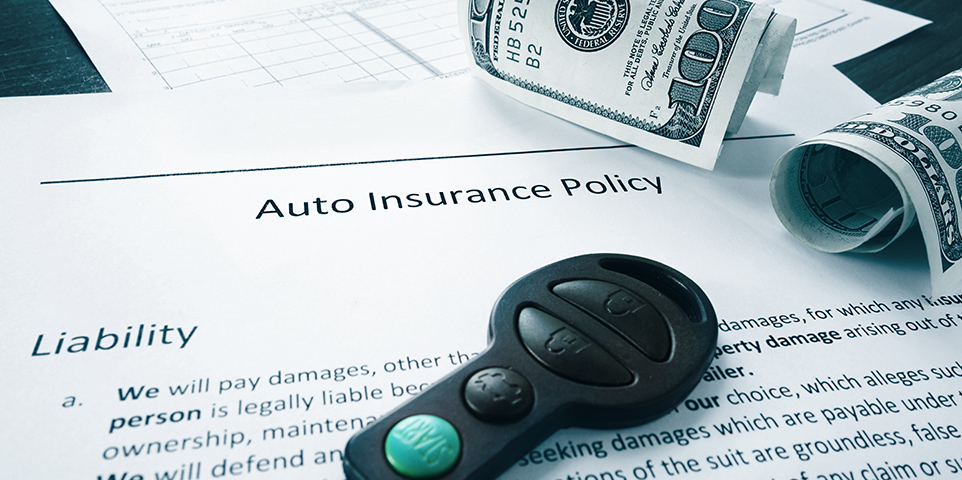 |
| auto insurance |
You’ll want to consider fundamental factors such as coverage and price, but it’s also worth evaluating prospective insurers as well. The following are the most important factors to consider.
Types and amount of coverage
Try to compare apples to apples when choosing your insurance policy. All of the policies that you review should have the same types and amount of coverage. It is difficult to compare policies, for instance, if one provides $50,000 in property damage liability coverage, another only $30,000, and a third $100,000. Coverages that you’ll want to consider, though some are optional, include:Primary liability—including bodily injury and property damage coverage
Medical payment coverage
Uninsured motorist coverage
Collision
Comprehensive
Check prospective policies too for secondary options that could prove beneficial, such as glass coverage—which often comes without a deductible—or reimbursement for a rental car.
Price and deductibles
Naturally, when you compare insurance policies, cost will be a top consideration. You may be surprised by how much prices vary, so you’ll want to get several quotes. In addition to the price of the premium—the actual cost of the policy—look at the payment schedule. Will you incur an extra fee if you pay monthly? Can you get a discount if you pay for a full year all at once? When you compare prices, be aware of the amount of the deductible—how much you pay out of pocket before your insurance kicks in. Generally, you can lower your premium if you opt for a higher deductible.Evaluating insurance companies
While price and coverage may be deciding factors when you purchase auto insurance, it’s worth considering the reputation and financial stability of prospective insurance providers as well. First, double-check that an insurer is licensed in your state by visiting the website of your state’s insurance division—where you can also review information about consumer complaints filed against insurance companies. In addition, you can check review websites and talk to friends about their experiences with insurers. Finally, take a few minutes to make sure prospective insurers are in good financial standing. Financial ratings agencies will provide this information. Online tools will often provide ratings information as well.source:iii.org only information purpas.

